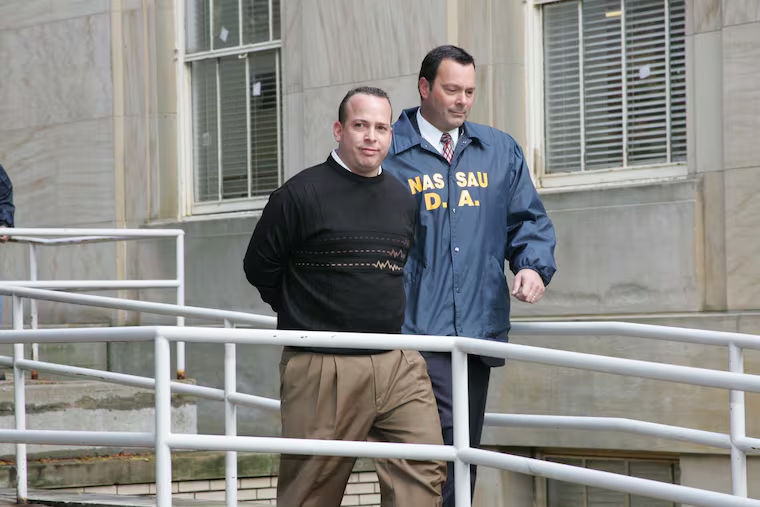Understand Your Rights. Solve Your Legal Problems


Joseph LaForte, once the flashy head of Par Funding, will now spend the next 15½ years in federal prison. His sentence comes after a long investigation into what prosecutors described as one of the most audacious financial frauds in recent memory.
LaForte, 54, was at the center of a web of deception that drained hundreds of millions from investors who believed they were backing a successful business lender. Instead, they were fueling a lifestyle packed with yachts, luxury homes, and a private jet.
Par Funding promised investors sky-high returns through short-term business loans. Behind the scenes, though, things were unraveling. The company wasn’t earning enough to pay its bills—let alone return money to investors. So LaForte leaned on a familiar playbook: bring in new money to cover old debts.
He didn’t act alone. His brother, James LaForte, handled collections with muscle—literally. He threatened borrowers with beatings, torched cars, and worse. When a court-appointed attorney started digging into the books, James assaulted him. Joseph backed him up, helped cover it up, and kept the money rolling in.
Investigators later found a stockpile of firearms in Joseph’s home, plus documents showing years of unpaid taxes and financial lies. He claimed to live in Florida to avoid Pennsylvania taxes and filed false returns while pocketing over $120 million.
Judge Mark Kearney didn’t hold back. He sentenced LaForte to 186 months behind bars, along with three years of supervised release, including a year of home confinement. On top of that, LaForte must pay $314 million in restitution and surrender a laundry list of luxury assets—including a private jet and $20 million in investments.
His brother James got 11½ years. Their CFO, Joseph Barleta, will be sentenced this June.
LaForte’s empire was built on fear and illusion. He paid himself tens of millions while lying to investors about how well the business was doing. When borrowers couldn’t pay, they were threatened with violence. When whistleblowers emerged, they were silenced or intimidated.
What made this case stand out wasn’t just the scale of the fraud—it was how brazen and personal it all felt. Victims weren’t just numbers. They were small-business owners, retirees, and everyday people who trusted someone they thought was legitimate.
If you’re investing your money, do your homework. High returns come with high risk—and when someone promises big profits with little explanation, be skeptical. Make sure the business is licensed. Ask questions. And walk away if anything doesn’t feel right.
LaForte’s story is a cautionary tale, not just for investors, but for regulators, attorneys, and financial institutions. It’s also a reminder that justice, while often slow, can eventually catch up to those who believe they’re untouchable.
What was Par Funding?
A business lender in Philadelphia that turned out to be the centerpiece of a massive Ponzi-style fraud.
Why was Joseph LaForte sentenced?
He pleaded guilty to fraud, racketeering, tax evasion, obstruction, and gun charges linked to a $400M scheme.
What happens to the victims?
The court ordered $314M in restitution, but full recovery is uncertain. Some seized assets may be liquidated.
Is anyone else being held accountable?
Yes. His brother James is in prison. The CFO has pleaded guilty and is awaiting sentencing.





